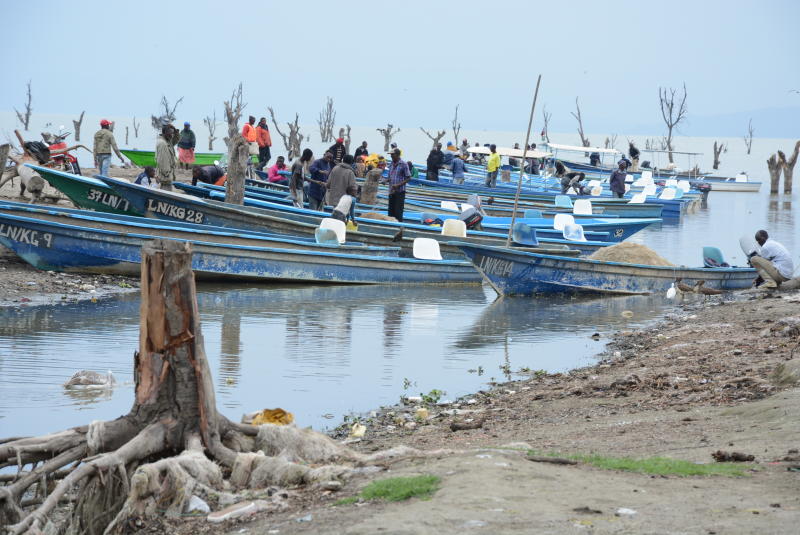×
The Standard e-Paper
Fearless, Trusted News

NAIROBI- Fishing communities along Africa’s coastline are at a greater risk of extinction as countries eye oceans for tourism, industrial fishing and exploration revenue to jumpstart their “blue economies,” UN experts and activists said on Monday.
The continent’s 38 coastal and island states have in recent years moved to tap ocean resources through commercial fishing, marine tourism and sea-bed mining, according to the United Nations Economic Commission for Africa (UNECA).